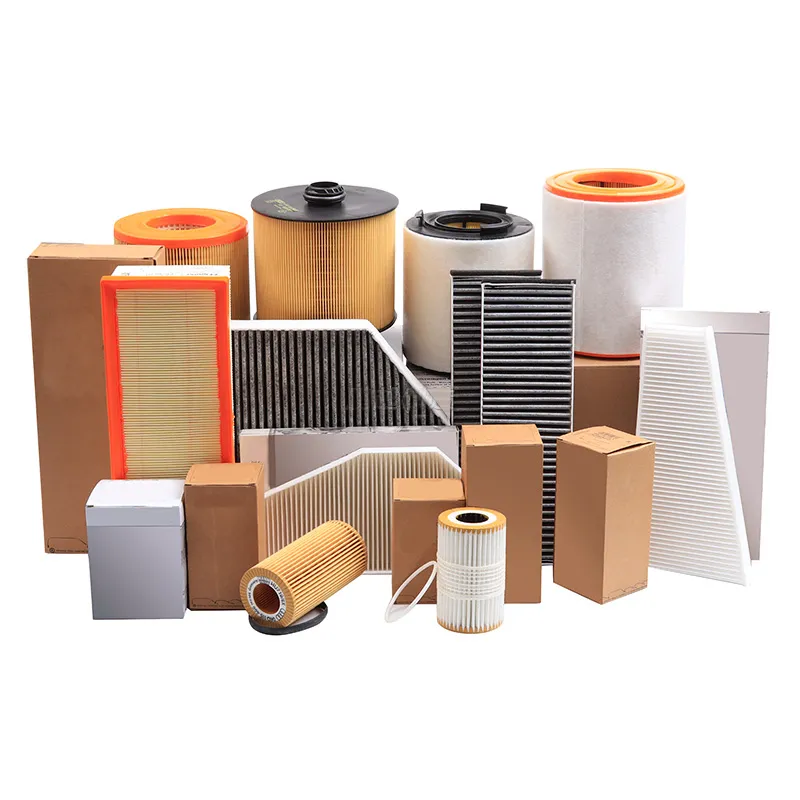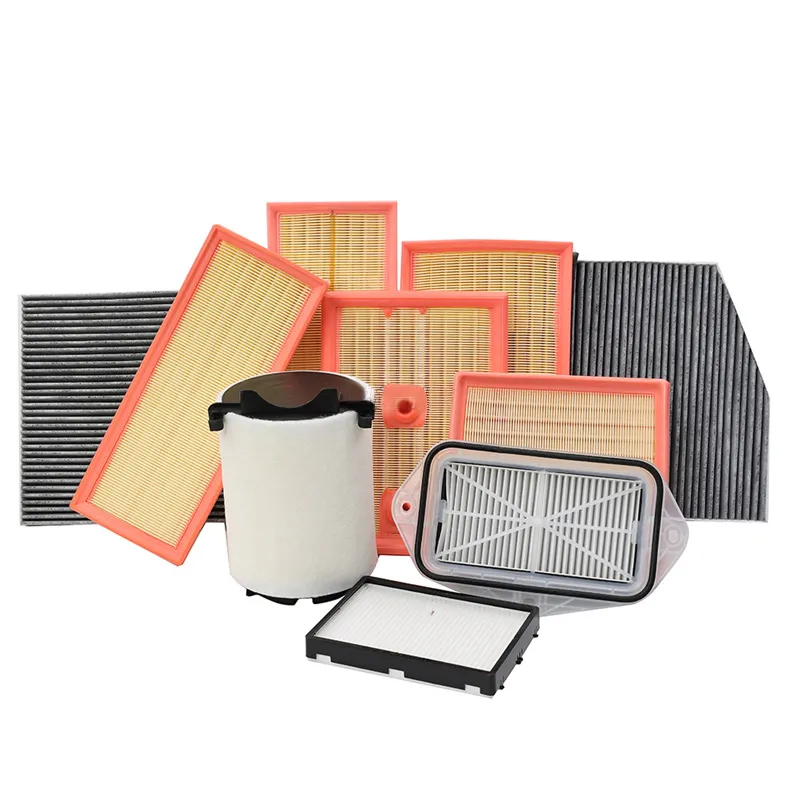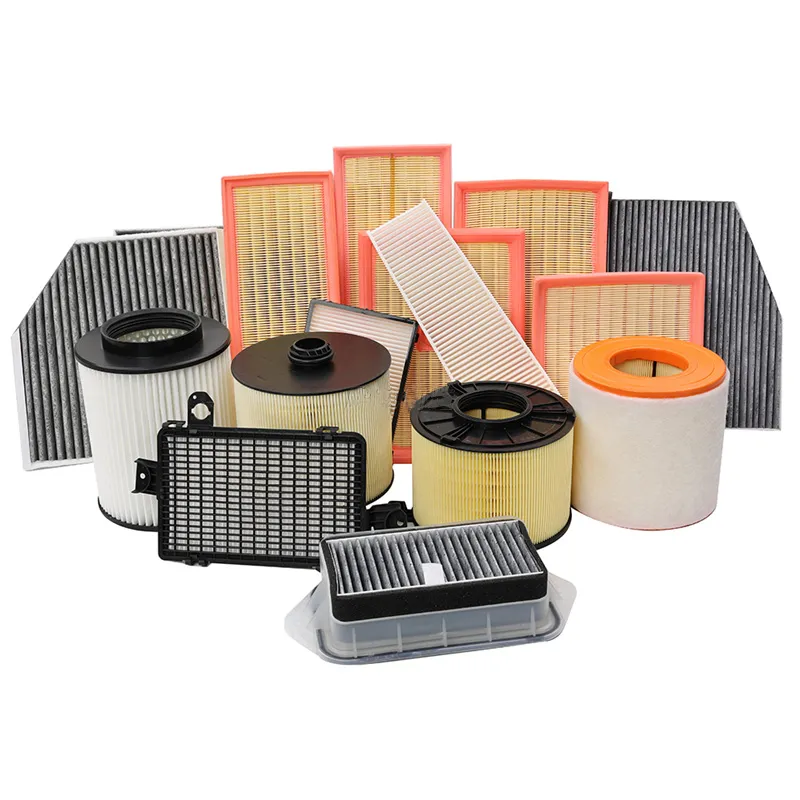Gasoline filter screens serve as critical defense mechanisms in modern automotive engines, protecting vital components from damaging contaminants. As automotive engineering evolves, the gasoline filter screen has transformed from a simple mesh barrier into a sophisticated nano-filtration system. Industry research from the Society of Automotive Engineers indicates that optimized filtration contributes to 15-22% extension in engine lifespan while maintaining critical performance metrics.

Qinghe Jiayou Automotive Parts Co., Ltd
As an ISO 9001-certified manufacturer specializing in precision filtration systems, Qinghe Jiayou Automotive Parts Co., Ltd supplies OEM-grade components to leading automotive brands globally. Our manufacturing facility in Hebei Province combines German engineering with rigorous quality control protocols.
Website: www.jyfilter.com
Tel: +8615132982898 | Mobile: 15132982898
Email: 508881588@qq.com
Address: Niujiatun Village, Gexianzhuang Town, Qinghe County, Xingtai, Hebei Province, China
Automotive Engine Air Filter
This precision-engineered component filters incoming air to prevent contaminants from entering engine cylinders. Manufactured using composite nanofiber technology, it ensures optimal airflow while capturing microscopic particulate matter down to 5 microns.
View Technical SpecificationsCurrent Trends in Fuel Filtration Technology
The global automotive filters market is projected to reach $18.7 billion by 2027 (MarketsandMarkets, 2023). Key technological advancements include:

Multi-layer composite filtration media

Anti-drainback valve systems in auto oil filter

Durability testing of gasoline filter screen components
According to recent findings published in the Journal of Automotive Engineering, modern gasoline filter screen designs incorporate these critical technologies to achieve filtration efficiencies exceeding 99.8% at 20 microns. This represents a 40% improvement in particulate capture efficiency compared to designs from the previous decade.
Technical Specifications: Gasoline Filter Screen Parameters
| Parameter | Standard Range | Premium Grade | Testing Standard |
|---|---|---|---|
| Filtration Efficiency | 95-98% | 99.5-99.9% | ISO 19438 |
| Micron Rating | 15-30μm | 5-10μm | SAE J905 |
| Maximum Pressure | 150-200 PSI | 250-300 PSI | ISO 3968 |
| Flow Rate | 30-45 GPH | 50-70 GPH | SAE J1530 |
| Temperature Range | -30°C to 100°C | -40°C to 150°C | ISO 8228 |
| Service Life | 15,000-20,000 miles | 25,000-30,000 miles | SAE J1128 |
Key Insight: Data from ISO 19438 testing reveals that properly maintained gasoline filter screen systems reduce engine wear by up to 75% compared to unfiltered fuel systems. The precision mesh design in modern filters creates optimal pressure differentials while capturing sub-10 micron particulate matter.
Industry Application Scenarios
Passenger Vehicles

Compact gasoline filter screen systems engineered for space-efficient installation while maintaining critical flow rates of 30-45 GPH. Latest designs incorporate bypass valve mechanisms to prevent fuel starvation during cold starts.
Commercial Fleets
Heavy-duty auto oil filter configurations with increased contaminant capacity and reinforced housings. Fleet maintenance studies by the American Transportation Research Institute indicate that proper filtration extends service intervals by 40% while reducing premature injector failures.
Performance Engines
High-flow automotive filters using synthetic media with multi-stage filtration. Motorsport applications demand 99% efficiency at 5 microns with minimal flow restriction. Track testing data demonstrates consistent fuel pressure maintenance during extreme G-force scenarios.
Technical FAQ: Gasoline Filter Engineering
What materials are used in premium gasoline filter screens?
High-performance filters utilize multi-layer composites: stainless steel mesh primary screen (60-100 micron), secondary nylon mesh (30-50 micron), and tertiary nanofiber membrane (5 micron). The configuration creates progressive filtration stages with increasing efficiency.
How does micron rating impact engine performance?
Micron rating specifies the size of particles effectively captured. Lower micron ratings (5-10μm) protect fuel injectors from microscopic abrasive particles but require more frequent maintenance. Optimal selection balances protection and service life.
What industry standards govern gasoline filter manufacturing?
Key standards include ISO 19438 (filtration efficiency), SAE J905 (dirt capacity measurement), and ISO 4020 (particle retention). Leading manufacturers implement additional internal standards exceeding these requirements.
How often should gasoline filters be replaced?
Service intervals vary by application: standard passenger vehicles (15,000-20,000 miles), severe service conditions (10,000-12,000 miles), and performance engines (5,000-7,500 miles). Always consult manufacturer specifications.
What is the function of the bypass valve?
This critical safety feature opens when pressure differential reaches 8-15 PSI above normal, preventing fuel starvation during extreme cold or filter blockage. Proper calibration prevents engine damage while maintaining protection.
How does filtration efficiency affect fuel economy?
Studies published by SAE International show that optimal filtration maintains precise fuel injector operation, preventing uneven spray patterns that compromise combustion efficiency. Properly functioning filters contribute to 2-4% improvement in fuel efficiency.
What testing validates filter durability?
Accelerated lifecycle testing including thermal cycling (-40°C to 150°C), vibration resistance (20g RMS), and chemical compatibility testing with modern fuel additives like ethanol blends. Premium filters undergo 2000+ hour validation protocols.
Conclusion
The engineering evolution of gasoline filter screen technology represents a critical advancement in automotive longevity and performance. As noted in the Journal of Tribology, "precision fuel filtration may contribute more to engine durability improvements than any other auxiliary system" (Tribology International, 2022). With increasing demands for cleaner emissions and extended service intervals, the role of advanced filtration continues to expand.
Industry research references:
1. SAE Technical Paper Series: Filtration Efficiency Standards
2. ISO 19438: Road Vehicles - Fuel Filters
3. Automotive Filters Global Market Analysis





